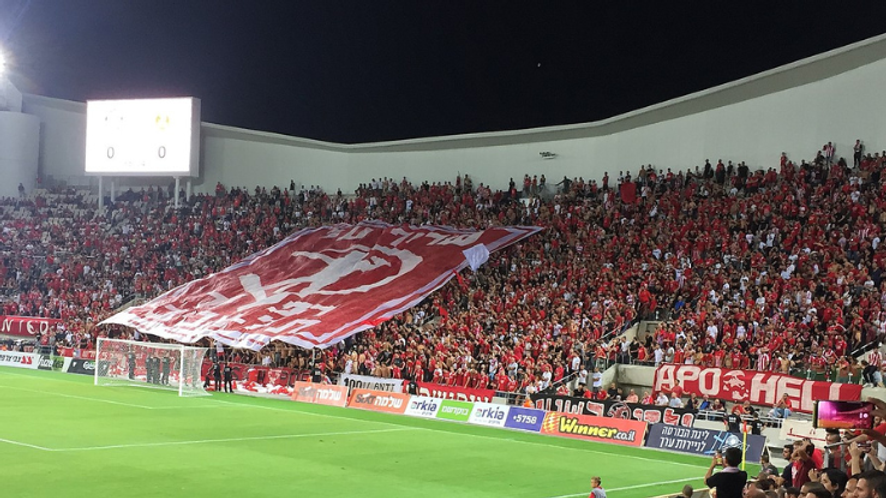"Unhealed Wounds": an international multimedia project
- ACRI
- Mar 15, 2019
- 2 min read
Updated: Dec 22, 2019
On the International Day against Police Brutality, we are proud to partake in a multimedia project along with leading human rights organizations from around the world, working together with the International Network of Civil Rights Organizations (INCLO). The project is intended to illuminate the dangers inherent in the use of crowd dispersal weapons, and the impact they have on the lives and health of civilians.
Police forces around the world often use dangerous weapons to silence demonstrations, violating freedom of expression and the right to protest. The use of these measures may increase tension during demonstrations and escalate the situation, generating panic and causing psychological trauma, serious injuries, disability, and even death.
The project — "Unhealed Wounds" — shares the stories of 11 demonstrators and passersby from around the world who were injured by police during demonstrations. Among those documented is the Israeli photographer Haim Schwarczenberg, who was wounded by a direct shock grenade while documenting a demonstration led by Ethiopian immigrants in Rabin Square in May of 2015, and Taysir Sanduka from Shuafat, who was blinded by a sponge bullet as he passed by the funeral procession of the youth Mohammed Abu Khdeir in July of 2014. The project also includes photos and videos from Argentina, Colombia, Egypt, Hungary, India, Kenya, Russia, South Africa, and the United States.
The international project evolved from the work of Israeli photographer Tali Mayer, who also coordinated the initiative. Mayer was hit by a black sponge bullet in East Jerusalem in 2014. After her injury, Mayer, in collaboration with the Association for Civil Rights in Israel, photographed and interviewed 10 people who were injured by sponge bullets. This project is part of ACRI's struggle to bring an end to use of this deadly weapon by police.
For the full project (English)
For more information and tips regarding crowd-control weapons (Hebrew, Arabic, English)
For detailed information on demonstrators' rights (Hebrew, Arabic)








